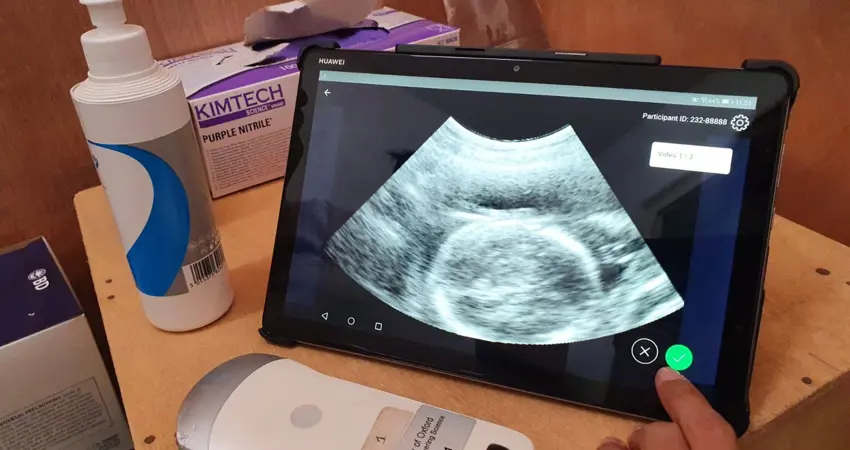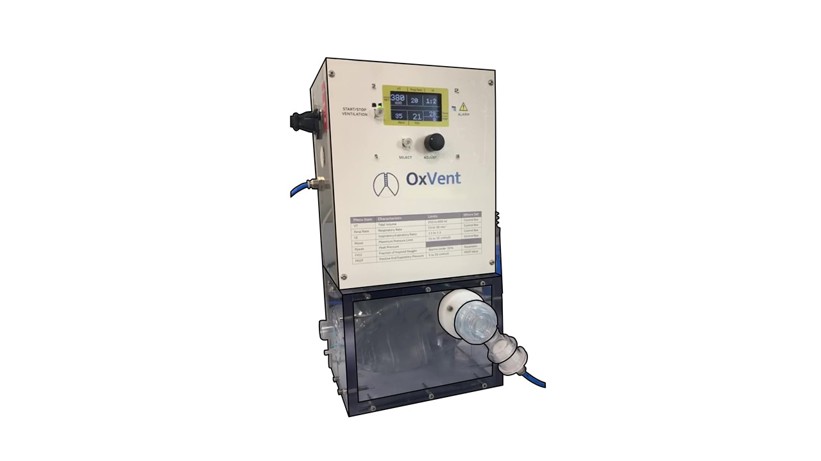16 Feb 2021
Two recent successes at The Engineer - Collaborate to Innovate (C2I) Awards
The annual awards, supported by The Engineer magazine, celebrate inspiring UK technology innovations and ways in which engineers collaborate to respond to the big challenges of society

TraCer combines low-cost ultrasound equipment with artificial intelligence (deep learning) based image analysis algorithms
A multi-organisation engineering and clinical team led by Professor Alison Noble FRS from the Institute of Biomedical Engineering and Professor Aris Papageorghiou from the Nuffield Department of Women’s and Reproductive Health, was Commended in the Healthcare and Medical Category for the TraCer project, a collaboration between University of Oxford and King’s College London, Aga Khan University, London School of Hygiene and Tropical Medicine and Oxford Computer Consultants.
TraCer combines low-cost ultrasound equipment with artificial intelligence (deep learning) based image analysis algorithms to improve antenatal care and help improve pregnancy outcomes in low-and-middle-income countries (LMICs). Accurately estimating gestational age is a crucial tool in providing good pregnancy care, but the tools do so in LMICs are not always available. TraCer uses an Android tablet, low cost probe and bespoke software in a lightweight, portable system that runs on batteries. This means it can be used in areas where there is no reliable power supply.
Ultrasound video images are fed through automated algorithms which quality control the video and take measurements of the fetus to estimate gestational age. Unlike traditional sonography, it doesn’t require specific technical skills and can be used by health workers given minimal training.

OxVent - the ventilator project developed in response to the Covid-19 pandemic
The collaborative OxVent ventilator project led by Professor Mark Thompson was Joint Winner of the Healthcare and Medical – Covid response category. Within a week of the UK Ventilator challenge being announced by the government, a team of engineers and medics from Oxford and King’s College London had produced a prototype. Although not ultimately required in the UK, the project has resulted in a brand new low-cost medical device that is ready to be deployed in Low to Middle Income Countries. Most of the ventilator’s 100 or so components are available off the shelf, and it has a much lower oxygen requirement than standard pressure control ventilators. OxVent is reaching agreements with manufacturers and distributors in LMICs for the device for use in Covid19, and in preparedness for future pandemics.




